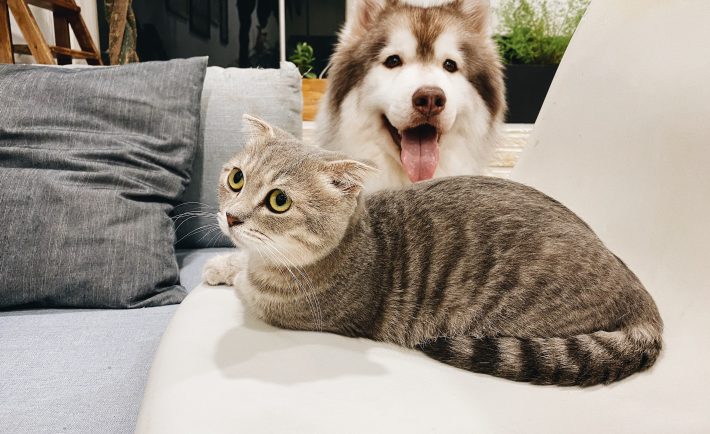
If you’re a pet parent and want things to be taken care of properly when you leave this world, you’ve got to start digging deep into estate planning for pets.
Never heard of or the idea has never crossed your mind?
Well, allow us to share with you more in this post.
Indirect beneficiary
Providing for your furkid is like providing for a vulnerable beneficiary.
But do you know that our animal companions are classified as property? This means they cannot be named directly as beneficiaries or inherit our stuff.
Simply put, I cannot leave a lump sum directly to my puppy. However, in my will, I can name a caretaker as a beneficiary. As long as they agree to take care of my sweet fluff, then my pup becomes an ‘indirect beneficiary’.
Just relying on a family member or relative without entrusting them with money is not a good idea. Who wants to take sudden responsibility for a furkid if they have to pay extra out of their own pocket?
With that said, structure your will properly so that your appointed caregiver can only access your money after confirming they will take care of your pet.
A safer bet with a pet trust
Sure, a legally binding document to distribute your estate can give you peace of mind. And you can name your caregiver and earmark money.
But once assets are distributed, the job’s done. In other words, the will executor is not legally bound to see your wishes through.
So how?
If you want a more confirm plus chop bet, this is where a pet trust comes in useful.
Setting up a trust by appointing a trustee company means they are lawfully tied to carry out your instructions according to your wishes. Whereas a will is based on trust between you and your appointed caregiver only.
With a pet trust, your chosen caregiver is legally restrained to only spend money on your pet’s needs, not on their personal wants. Otherwise, they may risk having their funds frozen.

Image Credits: unsplash.com
How much money should you leave behind?
How much money do you need to leave behind for your pet?
A good way to estimate the amount is to take their annual spending and factor in their breed lifespan. Then make your calculations.
For instance, if your cat is expected to live 10 more years and you spend $1,000/year, that means you need to allocate at least $10,000.
But vet visits may increase when they are older so plan for medical bills or consider pet insurance to cover those costs. Don’t forget to factor in inflation too.
As we come to a close, do you know how much estate planning costs?
Depending on the complexity, we’re looking at a few hundred dollars to thousands of dollars for those that involve testamentary trust or standby trust.
If you want to know the exact numbers, you should hit up a financial advisor or estate planner for the deets.
Life is short and unexpected, so there’s no harm in starting to plan early if you want your furkid (and your money) to be in good hands after you bid goodbye to life on earth.





